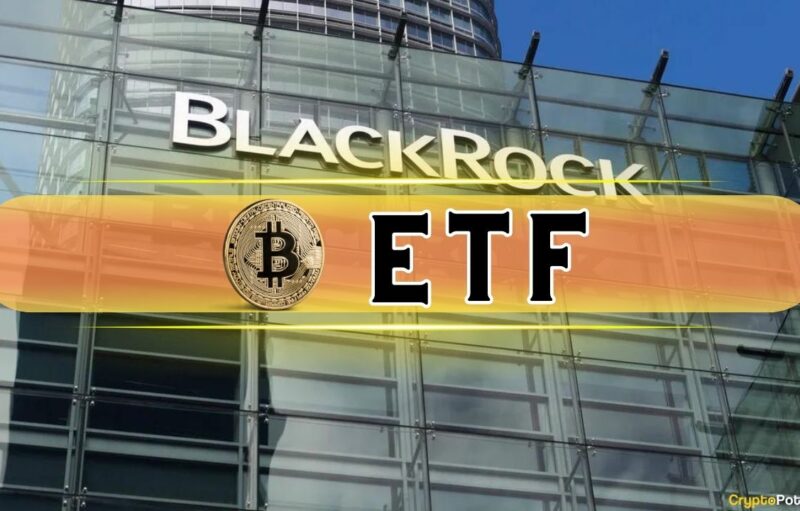
Elliptic – a blockchain forensics firm – has reportedly given authorities information about a digital wallet that could possibly be linked to sanctioned Russian entities. It apparently stores “significant asset holdings,” amounting to millions of dollars worth of crypto.
Caught Using Crypto?
In an interview with Bloomberg on Monday, Elliptic co-founder Tom Robinson noted that cryptocurrencies can be used to evade sanctions. This has been a growing concern among officials across the West, ranging from senator U.S. senator Elizabeth Warren to European Central Bank President Christine Lagarde.
As such, authorities have been on the lookout for any evidence of large-scale efforts from Russia’s government to trade digital assets, in response to the various restrictions placed on them. However, only Ukraine’s government is known to have openly exploited crypto technology during the conflict thus far.
In some ways, using cryptocurrencies would make sense for Russia. Not only do they facilitate peer-to-peer and borderless transactions, but they’re also non-confiscatable unless another party knows the holders’ private key. This makes long-distance crypto transactions more difficult to stop than fiat transfers, which banks and payment providers can easily block or freeze.
That said, crypto isn’t a perfect solution for slipping past authorities. Blockchain assets don’t have the best privacy, which, as Robinson explains, makes large-scale transfers and buys difficult to conduct without being identified.
ADVERTISEMENT
“It’s not proving out realistic that oligarchs can completely bypass sanctions by moving all their wealth into crypto,” he said. “Crypto is highly traceable. Crypto can and will be used for sanctions evasion, but it’s not the silver bullet.”
The Privacy Problem
Almost every public blockchain – including Bitcoin’s – is pseudonymous, yet totally comprehensive. While no ledger address explicitly names who controls it, its entire historic activity is available for all to see. The nature of this activity and the volume of transactions taking place with the address is sometimes enough to identify its owner.
Furthermore, even seemingly innocuous addresses can be linked to specific owners if they ever interact with a regulated crypto exchange. All of the largest crypto exchanges are required to collect personally identifiable information from their customers to comply with KYC and AML rules. Those that haven’t complied with these rules in the past – like BitMEX – have faced major legal repercussions.
They are also disallowed from facilitating transactions with blacklisted individuals, providing a major roadblock to those groups from cashing out on their crypto.
Last week, Chainalysis unveiled a new tool allowing even web 3 apps and DeFi exchanges to automatically identify sanctioned individuals on the blockchain.
Binance Free $100 (Exclusive): Use this link to register and receive $100 free and 10% off fees on Binance Futures first month (terms).
PrimeXBT Special Offer: Use this link to register & enter POTATO50 code to receive up to $7,000 on your deposits.
The post appeared first on CryptoPotato






